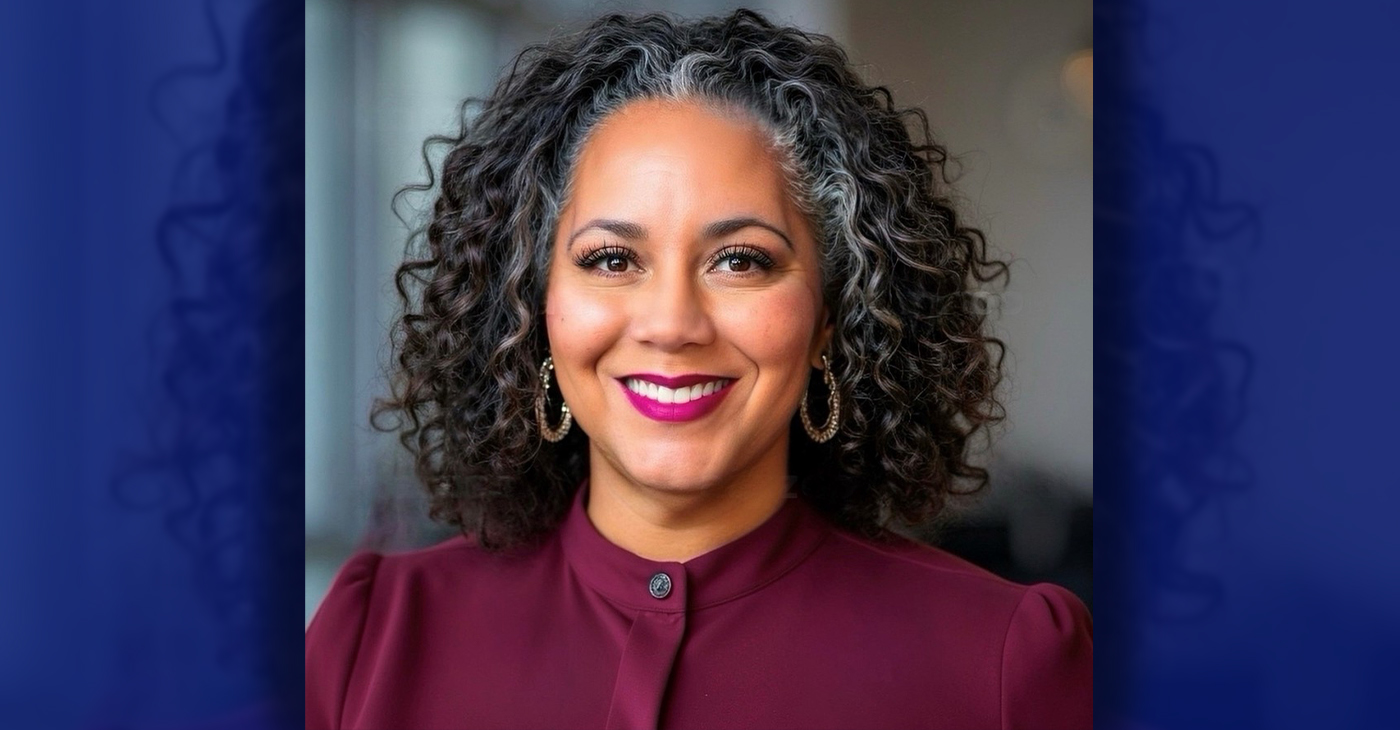By Ken Epstein
An investigation conducted by the Alameda County Civil Grand Jury has revealed that employees in the office of former District Attorney Nancy O’Malley, including prosecutors, may have violated state and county laws and regulations by using work emails and county-owned equipment to raise money and campaign for their boss in the 2018 election, according to the recent annual Grand Jury’s report.
“When the District Attorney’s Office management learned that there was improper behavior among District Attorney staff, they took no immediate corrective action, and staff faced no consequences related to that behavior,” according to the report, which was released on June 23.
The grand jury’s investigation, which reviewed hundreds of documents and interviewed more than 30 people, concluded that about 25 staff in the district attorney’s office campaigned during work hours, using county-owned computers and the county-operated email system to raise money for O’Malley’s 2018 reelection campaign.
“(Violations) included requests from district attorney staff to donate to O’Malley’s campaign, as well as attending campaign events, distributing of campaign flyers, and participating in photographs that district attorney staff believed were used to help her candidacy,” the report said.
In addition, the emails were coordinated with police unions in other cities and counties to request their attendance at campaign events and to discuss campaign strategy.
According to the grand jury report, county ordinances, policies and state laws governing campaign activities include:
- Government Code §8314, which forbids using public resources for unauthorized use, saying it is unlawful to use public resources for political campaign activities.
- California Government Code §3205, which says employees of a government agency shall not solicit political contributions from an employee of the same or another government agency.
- California Penal Code §424, which makes illegal misappropriation of public funds by public officials or any other individual who has been entrusted with public funds.
- Alameda County Administrative Code Chapter 3.40.020, which provides that the county’s communications system shall only be used in the conduct of county business and that no county officer shall use or permit the use of the system for other than county business.
O’Malley won reelection in 2018, defeating civil rights attorney Pamela Price. O’Malley retired at the end of her term in 2022, and Price won election as district attorney against an opponent backed by the former D.A.
Among other policies, Price’s progressive campaign pledged to shake up the staff in the district attorney’s office, end racial disparities in prosecutions, stop mass incarceration, and end prosecution of minors as adults.
According to its website, the civil grand jury works “as an arm of the Superior Court, (and) is comprised of 19 citizens authorized to investigate local government to ensure that public agencies are working in the best interests of the public… (giving) the grand jury a unique role in securing local government accountability and in examining allegations of misconduct.”
Based on its interviews, the grand jury offered two reasons that may have motivated inappropriate staff behavior:
The 2018 election was the first in many years where an incumbent district attorney faced a challenger: “The Grand Jury learned that staff of the Office of the District Attorney had very strong concerns about the outcome of the election,” the report said.
Further, staff was deeply worried that Price would shake up the D.A.’s staff. “The fear that the election of a new district attorney, who had hinted at staff layoffs or terminations, was so overwhelming that staff failed to recognize their disregard of policies regarding campaign-related behavior as potentially illegal,” according to the report.
In its interviews the grand jury found that “while some staff recognized that these emails violated policies forbidding use of the county email system for political purposes, many engaged with colleagues and others in the campaign for district attorney …. No one appears to have spoken up to remind others of policies prohibiting use of county equipment and time on activities related to a political campaign.”
In a statement released this week, District Attorney Price wrote, “The Grand Jury exposed behavior that is unacceptable and especially inexcusable for lawyers. Our new administration will not make those same mistakes or violate the laws and policies ignored by the previous administration. We will not sacrifice our integrity or the public trust for political gain.
“In the Alameda County District Attorney’s Office of today, you can no longer prosecute the law and violate the law at the same time,” she said.
Price said that because she was involved in the original complaint, the DA’s office was recused from the grand jury investigation.
The Oakland Post attempted to contact O’Malley for a response to the allegations but by the newspaper’s deadline had received no reply.
In addition to the original complaint filed with the grand jury in September 2021, a complaint was also filed with the California Fair Political Practices Commission (FPPC), and the California Attorney General. On May 10, 2023, the FPPC complaint was resolved as “No Violation Found.”
While the grand jury conducted a similar investigation of the 2022 election, it found “only a handful of inappropriate campaign-related emails.”
The grand jury’s recommendations included “rigorous education” of all county employees “about policies related to State and County rules regarding their behavior during political campaigns.”
In addition, the grand jury also said county employees and the public “need to know that complaints will be investigated, that consequences of policy infringement will be administered promptly and fairly, and that a complainant will know that their complaint has been addressed.”
Response to Report by Alameda County Grand Jury: “Misuse of County Information Technology Systems During the 2018 Election Cycle”
The Grand Jury Report is important and needs to be seen in proper context to be fully appreciated as the problem-solving document it should be – not the political hammer some would like it to be.
In every election cycle since 2009, the District Attorney’s office issued clear policies reminding staff of prohibitions against personal or political uses of the county IT system. Because of an oversight, the policy was not distributed in the 2018 election cycle but verbal reminders were widespread. As a result, fewer than 1% of employees were found to have run afoul of the law.
Looking at the numbers, of 363 employees of the District Attorney’s office, approximately just 25 inadvertently, inappropriately and minimally used the County IT system for campaign related communications. During that same time period, more than 77,000 emails were sent or received by the District Attorney’s office, and a statistically immeasurable number were campaign activity. No amount of improper IT use can ever be condoned, but the numbers show actual abuse was very infrequent. The Grand Jury report makes clear that when the District Attorney learned of even this small breach, every employee was required to participate in a training, which was well-documented. It is unclear why the Grand Jury did not receive the documentation.
The recommendations of the Grand Jury — particularly universal training and documentation — will ensure no errors and/or misuse of county property going forward. That’s where this discussion should end.


 Activism3 weeks ago
Activism3 weeks ago
 Activism3 weeks ago
Activism3 weeks ago
 Activism4 weeks ago
Activism4 weeks ago
 Business2 weeks ago
Business2 weeks ago
 Activism2 weeks ago
Activism2 weeks ago
 Activism2 weeks ago
Activism2 weeks ago
 Activism3 weeks ago
Activism3 weeks ago
 Activism2 weeks ago
Activism2 weeks ago


















































